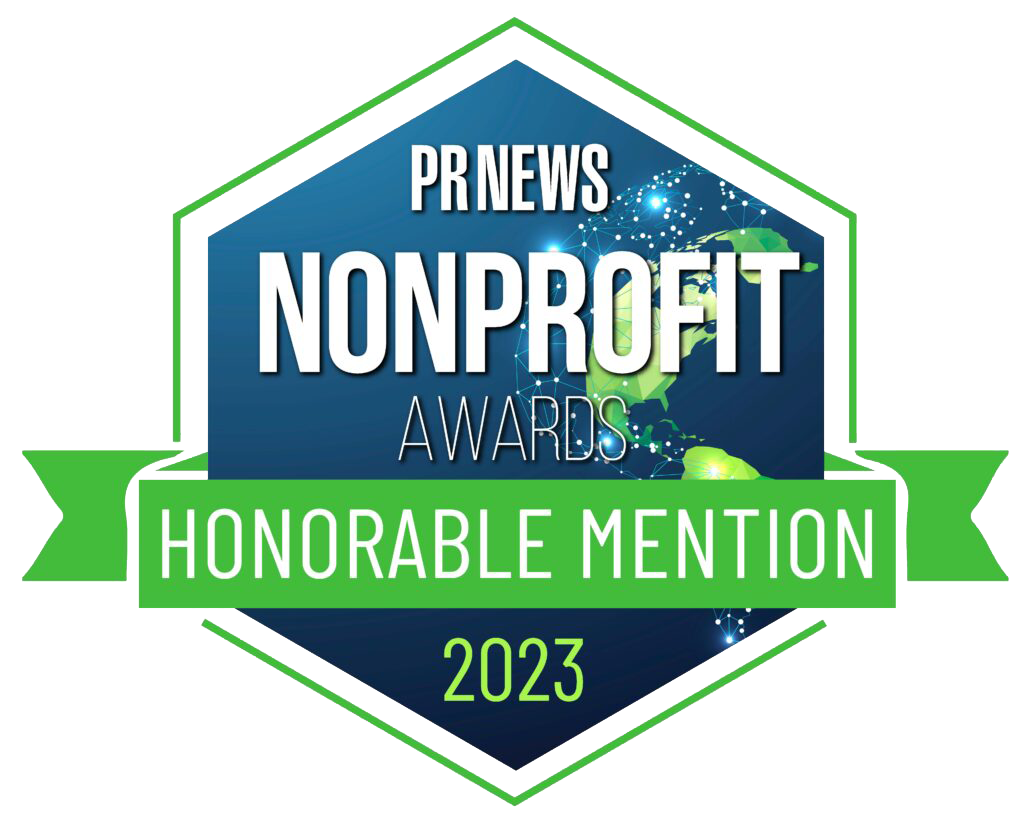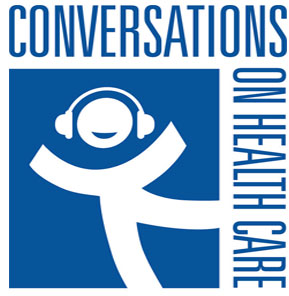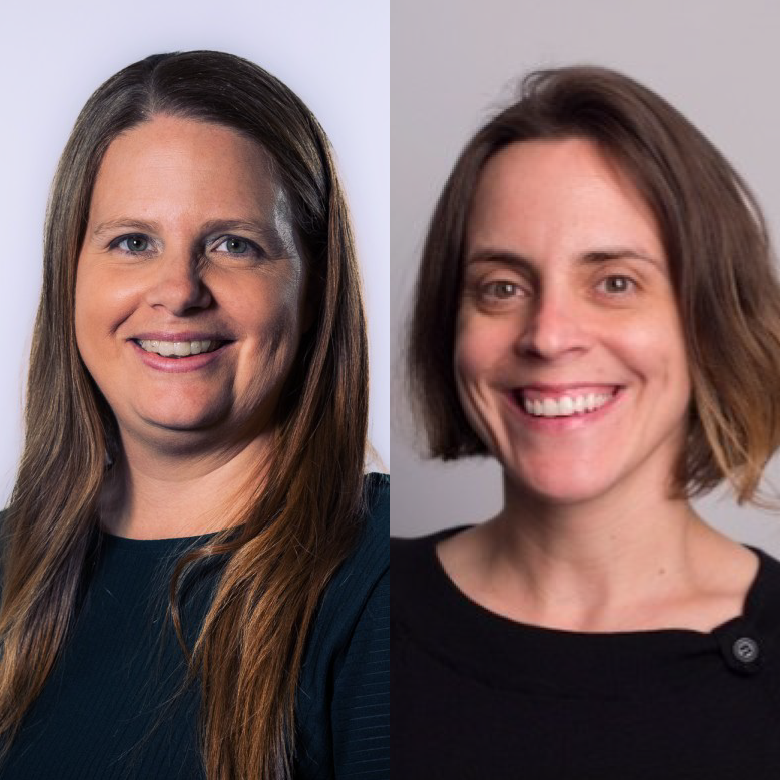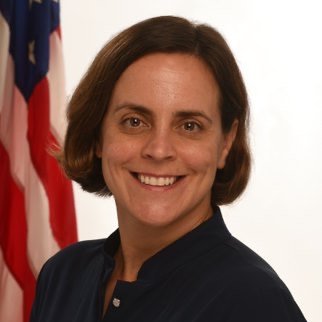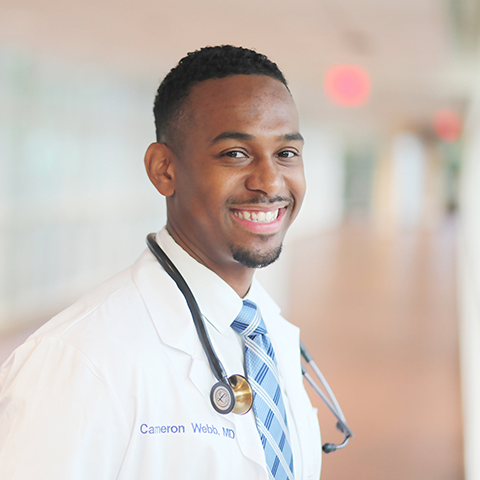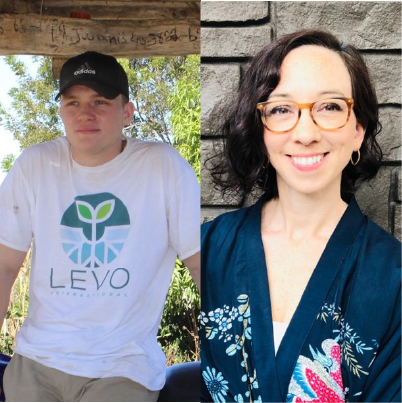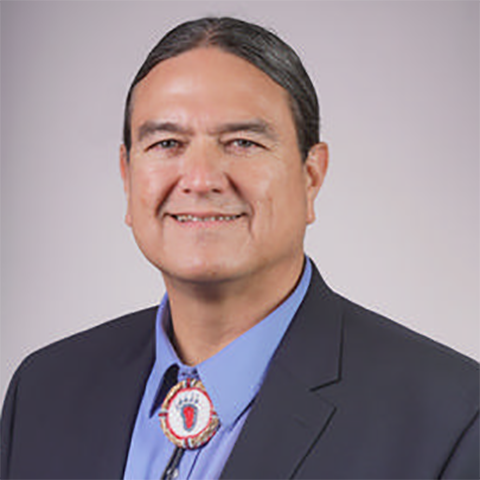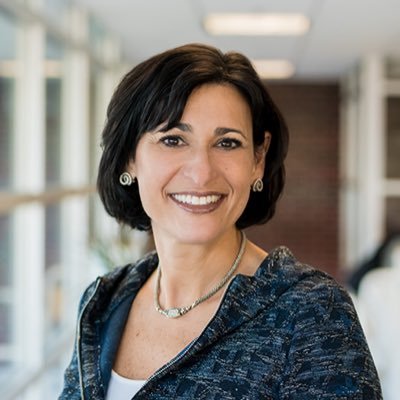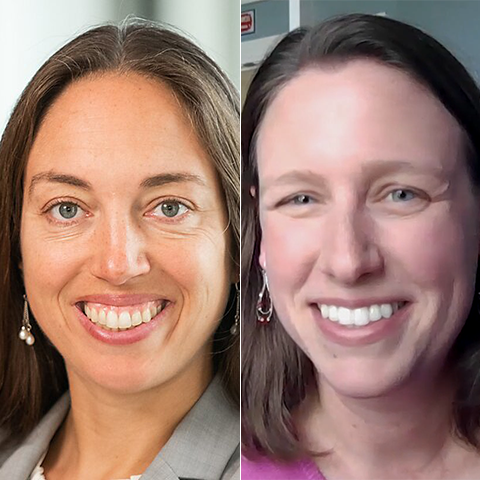Sort By...
THURSDAY, MARCH 27, 2025
Food is Medicine: How Young Changemakers are Transforming Healthcare
Two young innovators are leading a movement that proves food isn’t just fuel—it’s medicine. In this episode of “Conversations on Health Care,” Mark Masselli and Margaret Flinter talk with Christian Heiden, founder of Levo International, and Alissa Wassung, executive director of the Food is Medicine Coalition, about how their work is shaping the future of healthcare through food.
For Heiden, hydroponic farming offers an innovative way to get fresh, nutritious food into the hands of people who need it most. “We’ve seen case studies where diet alone has prevented people from needing multi-million dollar surgeries,” he shares, emphasizing how access to healthier food can directly improve health outcomes.
Wassung, whose coalition delivers medically tailored meals to patients with serious illnesses, highlights the broader impact. “Researchers at Tufts found that if every eligible patient received medically tailored meals, we could save $13.6 billion—with a B—in just one year,” she explains. “This is a tremendous opportunity to build a more efficient and effective healthcare system.”
But this movement isn’t just about numbers—it’s about people. Heiden and Wassung embody a generational shift in how we view food and medicine, bringing fresh energy to solutions that could transform healthcare. Their work demonstrates that investing in food-based healthcare solutions isn’t just good for patients—it’s good for communities and the economy, too.
Join us as we explore how hydroponic farming, medically tailored meals, and cutting-edge research are proving that the right food can prevent disease, improve outcomes, and lower healthcare costs.

